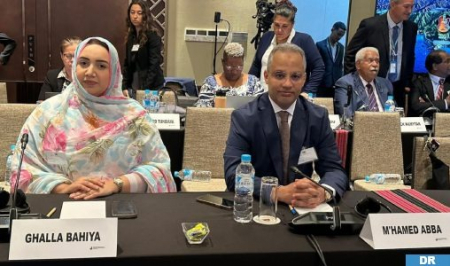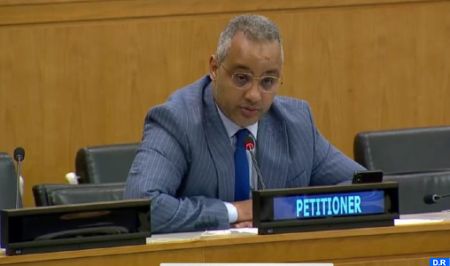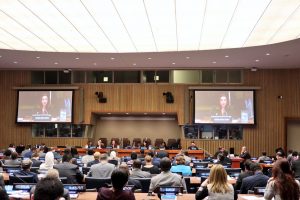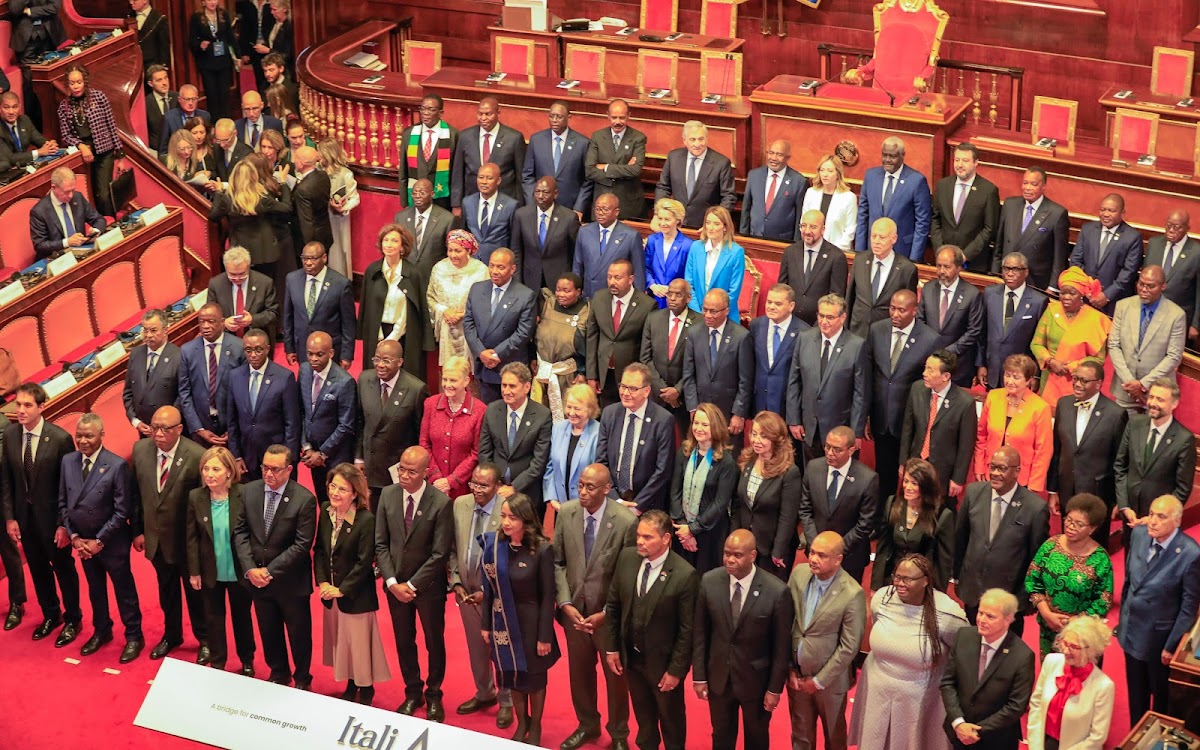The sustained socio-economic and cultural momentum underway in the Moroccan Sahara, thanks to the new development model launched by King Mohammed VI in 2015, was highlighted at a regional seminar of the UN Committee of 24 (C24), held in Dili, Timor Leste May 21-23.
In an address at the seminar, Member of the Dakhla-Oued Eddahab Regional Council, Ghalla Bahiya, highlighted the socio-economic and cultural development process in the Southern provinces, and pointed out that Morocco has made the socio-economic development of the region a top priority. She stressed that the initiatives implemented over the past fifty years “are not merely political responses, but genuine long-term commitments to ensuring sustainable development and the well-being of local populations.”
She further noted that the efforts of Morocco focused initially on large-scale investments in essential infrastructure, including roads, access to drinking water, and electricity, and that these efforts were aimed at ensuring decent living conditions for the populations of the Southern provinces, improving mobility, and fostering the economic and social integration of these regions into the national fabric.
Outlining the dividends of these structural investments, the Moroccan Saharan representative reported a marked improvement in economic growth and quality of life across the southern provinces. Several socio-economic indicators, including GDP, are higher in Morocco’s Sahara compared to other regions of the Kingdom, she noted, adding that the growth rate in these provinces is 50% higher than the national average, standing at 10.9% for Laayoune-Sakia El Hamra and 10.5% for Dakhla-Oued Eddahab.
Bahiya then mentioned the forthcoming construction of a 2,650-hectare industrial zone alongside the port, transforming it into a port complex to include a competitiveness zone for seafood products, a shared services hub and a frontage zone that will further strengthen economic and commercial ties between Morocco and the rest of the African continent, particularly the West African and Sahel regions.
Ghalla Bahiya and member-elect of the Laayoune-Sakia El Hamra region, M’hamed Abba, are participating in the seminar at the invitation of the Committee Chair, as has been the case for several years.



